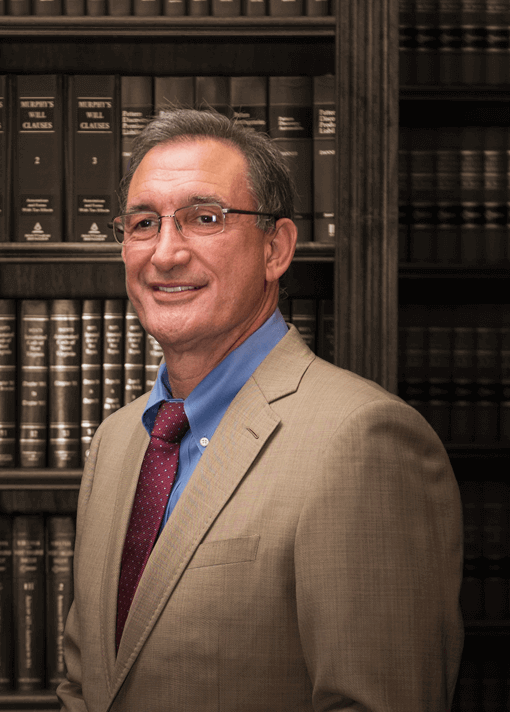
If you or a loved one has been harmed by a healthcare provider’s negligence, you may have the right to file a medical malpractice claim. This type of legal action seeks justice and financial compensation for your injuries. However, in West Virginia, like in many states, there are damage caps that limit the amount of money you can recover. Understanding these caps and how they impact your case is crucial.
In this article, we will explain what damage caps are, the types of damages available in medical malpractice cases, and how West Virginia law sets limits on these damages. We’ll also cover how you can maximize your financial recovery with the help of a skilled lawyer.
Damage caps are laws that limit how much financial compensation a plaintiff can receive in a lawsuit, even if a jury awards them a higher amount. These caps are often applied to cases where the defendant, like a hospital or government agency, could face significant financial damage from large payouts.
Damage caps are often controversial because they restrict the compensation a plaintiff can receive, regardless of the true extent of their losses. This means that even if a jury believes you deserve a higher amount, the law may limit how much you can actually receive.
The primary reason for damage caps is to protect certain institutions, such as hospitals, from paying large sums of money that could harm their financial stability. Proponents argue that these caps keep the economy stable and prevent frivolous lawsuits, which can bog down the legal system.
In medical malpractice cases, damage caps aim to prevent healthcare providers from facing overwhelming financial penalties that might lead to increased costs for patients or, in extreme cases, bankruptcy for medical institutions.
When you file a medical malpractice claim, you may seek two main types of damages: economic damages and noneconomic damages. Understanding the difference between these two types is important, as they determine how damage caps apply to your case.
Economic damages are the tangible financial losses you suffer because of medical negligence. These include things like:
In West Virginia, economic damages are not subject to damage caps. This means you can receive full compensation for the financial losses you incur as a result of the malpractice.

Noneconomic damages, on the other hand, are more difficult to quantify. They refer to the non-financial impact the injury has on your life. Examples of noneconomic damages include:
Noneconomic damages are subject to caps in West Virginia, which we will explore in detail below.
West Virginia law places a cap on noneconomic damages in medical malpractice cases. This means that no matter how much a jury awards you for pain, suffering, or emotional distress, the law limits how much you can actually receive for these losses.
As of now, West Virginia limits noneconomic damages in medical malpractice cases to $250,000 per claim.
This means if your claim involves pain and suffering, emotional distress, or other intangible losses, you cannot receive more than $250,000.
However, there is an exception to this rule for cases involving catastrophic injuries or wrongful death. If the injury causes permanent disabilities, disfigurement, or scarring that prevents a person from living independently, the cap increases to $500,000.
If you or a loved one suffers a catastrophic injury due to medical negligence, such as paralysis, brain damage, or severe burns, the law allows for a higher cap. In these cases, the noneconomic damage cap rises to $500,000.
Similarly, if medical malpractice leads to wrongful death, the $500,000 cap applies, acknowledging the significant and lasting impact on the victim’s family.
In addition to noneconomic damages, there is another type of compensation known as punitive damages. These are awarded to punish the defendant for particularly reckless or harmful behavior and to discourage similar actions in the future.
West Virginia law limits punitive damages as well. The cap on punitive damages is set at the greater of four times the compensatory damages (both economic and noneconomic damages combined) or $500,000.
For example, if you are awarded $100,000 in compensatory damages, the most you can receive in punitive damages is $400,000.
Some states have ruled that damage caps are unconstitutional, arguing that they violate a plaintiff’s right to a jury trial and access to fair compensation.
However, in West Virginia, the cap on noneconomic damages has withstood legal challenges and remains in place.
Opponents of damage caps argue that these limits unfairly restrict victims from receiving full compensation for their injuries.
But the courts in West Virginia have upheld the cap, emphasizing the state’s interest in maintaining affordable healthcare and preventing hospitals from facing extreme financial hardship.
Despite the limits on noneconomic and punitive damages, there are still ways to maximize the compensation you receive in a medical malpractice case. The best way to do this is by hiring an experienced medical malpractice attorney.
A skilled lawyer will know how to navigate the complexities of West Virginia’s damage caps and work to ensure you receive the highest possible compensation for your injuries.
They will negotiate with insurance companies on your behalf, present strong evidence to support your claim, and, if necessary, take your case to trial.
A lawyer can also help you gather the necessary documentation to prove your economic damages, ensuring you receive full compensation for your medical bills, lost wages, and other financial losses.

Many medical malpractice cases are settled before they go to trial. A lawyer will negotiate with the insurance company to reach a settlement that covers your losses.
If the insurance company refuses to offer a fair amount, your lawyer can take the case to court and fight for a higher award.
If you’re pursuing a medical malpractice claim in West Virginia, it’s essential to understand how damage caps could affect your compensation. While caps limit the amount of noneconomic and punitive damages, there are still ways to recover significant compensation for your injuries.
At Manchin Injury Law Group, we are dedicated to helping victims of medical malpractice receive the compensation they deserve. Our experienced team of lawyers will guide you through every step of the legal process and work tirelessly to maximize your financial recovery.
Contact us today for a free consultation and learn how we can help you pursue justice in your medical malpractice case.

Member at Manchin Injury Law Group
Practice Areas: Medical Negligence, Personal Injury, Automobile Accidents

Attorney Timothy Manchin established the Manchin Injury Law Group in 2011 after his law partner of more than 25 years became a West Virginia circuit court judge. His focus is on helping individual clients and entire families victimized by negligent acts.
We offer a free initial consultation at our office in the Manchin Professional Building — our home since 1983 — conveniently located in Fairmont.
If you are unable to visit our firm, we can come to your home or hospital room.
Fill out the form below to get in touch!